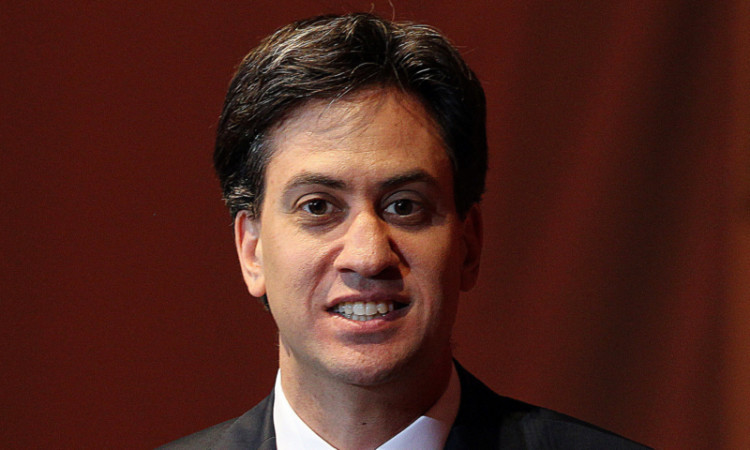The rest of the UK is not “fated to sign up to Tory values” with Scotland a lone progressive beacon, according to Ed Miliband.
The Labour leader said he thought he brought “a sense of values” around “social justice and fairness” to the independence debate during a question and answer session with journalists.
“Scottish values” have often been identified by the Yes campaign as a reason to vote to leave the UK in September.
Mr Miliband said: “I don’t buy the argument that the SNP want to say that somehow there is a Tory England and progressive Scotland.
“I don’t buy the argument that the rest of the UK is somehow fated to sign up to Tory values I just don’t buy it.”
He added: “It is interesting that our opponents in the referendum campaign are trying to bank on the people that they say they really hate having a recovery. That says something about their argument compared to our argument.”
However, Mr Miliband also raised the issue of border controls if an independent Scotland was to have a markedly more relaxed immigration policy than the rest of the UK.
“It is certainly the case that we would have to look at the issue of a border if you have different immigration policies.”
He also said he would be outlining greater devolution for England, where lessons could be learned “from the successes of devolution here in Scotland”.
